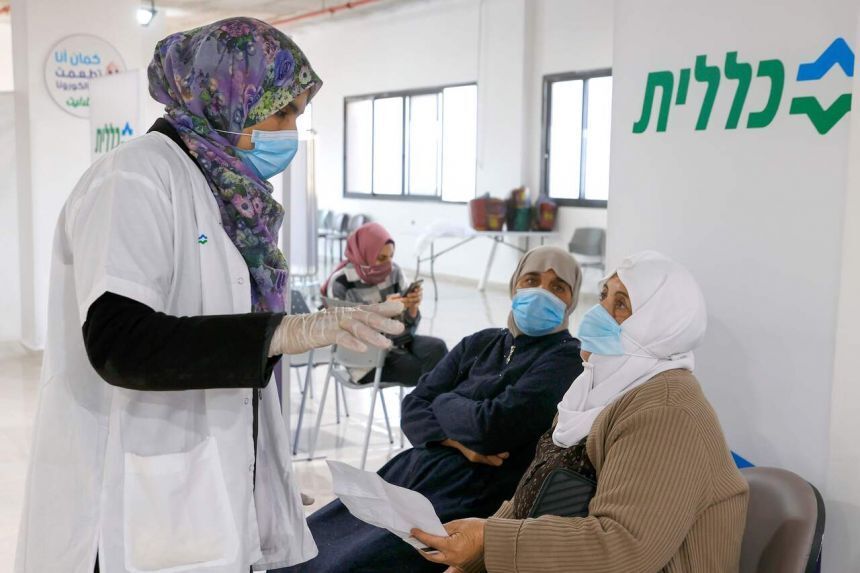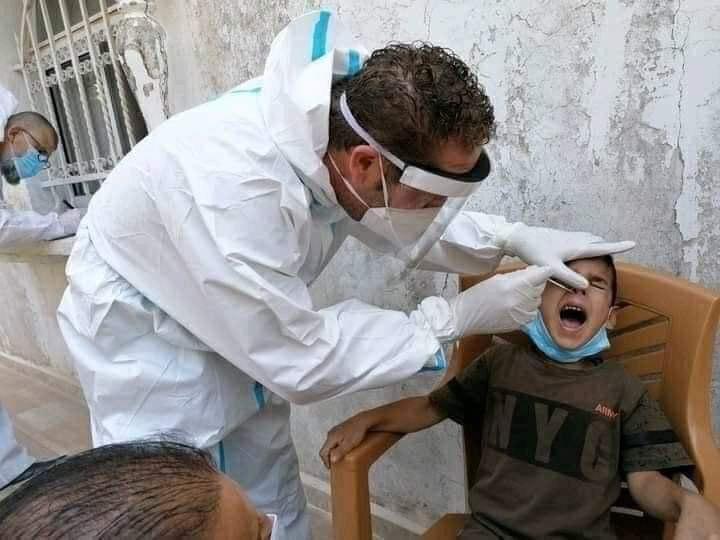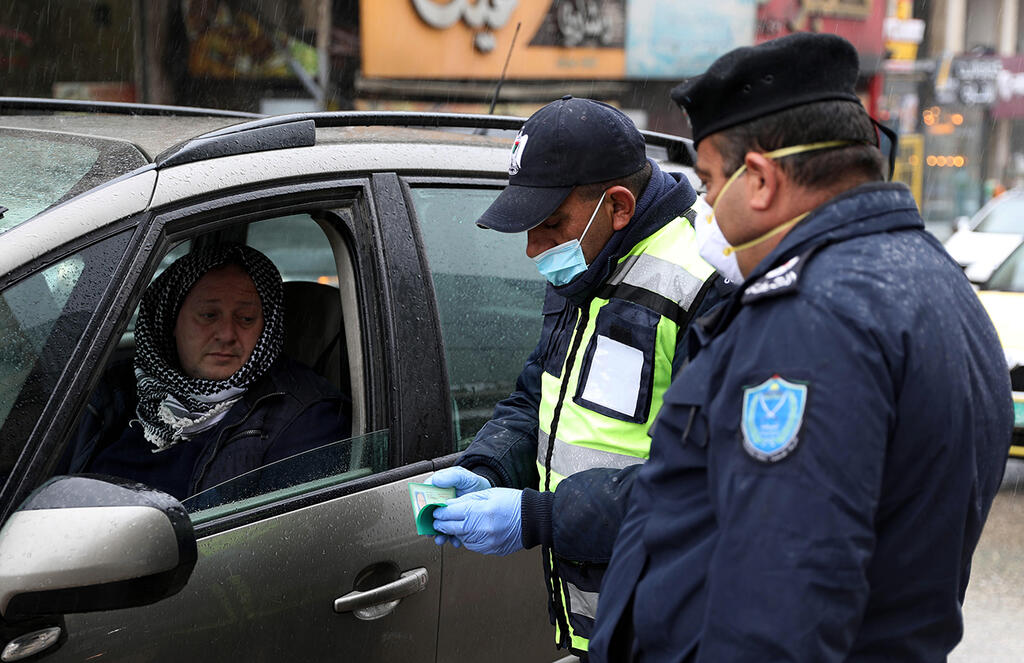Getting your Trinity Audio player ready...
Amnesty International on Wednesday demanded that Israel provide coronavirus vaccine doses to Palestinians in the West Bank and Gaza Strip, saying Jerusalem was obligated to do so under international law.
The Palestinian Authority in the West Bank, which is home to some 2.8 million Palestinians, has not publicly asked for Israeli assistance in vaccine procurement and has said it is obtaining its vaccine doses through the United Nations.
The Hamas terror group that rules the Gaza Strip, where about two million Palestinians live, is highly unlikely to publicly coordinate with Israel in any vaccination effort.
But Britain-based rights group Amnesty said Israel needed to "stop ignoring its international obligations as an occupying power and immediately act to ensure that COVID-19 vaccines are equally and fairly provided to Palestinians living under its occupation in the West Bank and the Gaza Strip."
Under the terms of the Oslo Accords, however, the Palestinian Authority is responsible for the healthcare of its own population and has repeatedly said it is obtaining its own vaccines via the UN scheme.
The Palestinian health ministry said on Monday that it expected to receive its first vaccine doses next month through the Covax program for low and middle-income nations.
Israel began inoculating its citizens on Dec 19, starting with medical workers and the over-60s, and has so far injected more than a million people.
Prime Minister Benjamin Netanyahu said last Saturday that he hoped that within a month, 2.25 million Israelis - a quarter of the population of nine million - would have received the two shots of the Pfizer-BioNTech jab needed for optimum effect.
3 View gallery


A healthcare worker speaks to an Arab Israeli woman before giving her a COVID-19 vaccine
(Photo: AFP)
As of Tuesday, the Health Ministry had confirmed over 458,000 cases of the virus since the outbreak of the pandemic, with nearly 3,500 deaths.
The Palestinian health ministry has confirmed more than 100,000 cases in the West Bank, including 1,100 deaths.
In Gaza, there were 43,134 cases, with 404 fatalities.
The PA has said it has made contact with potential vaccine suppliers, but its health ministry said it would struggle to store the Pfizer-BioNTech vaccine in the requisite sub-zero conditions.
Ynet reporters contributed to this report



